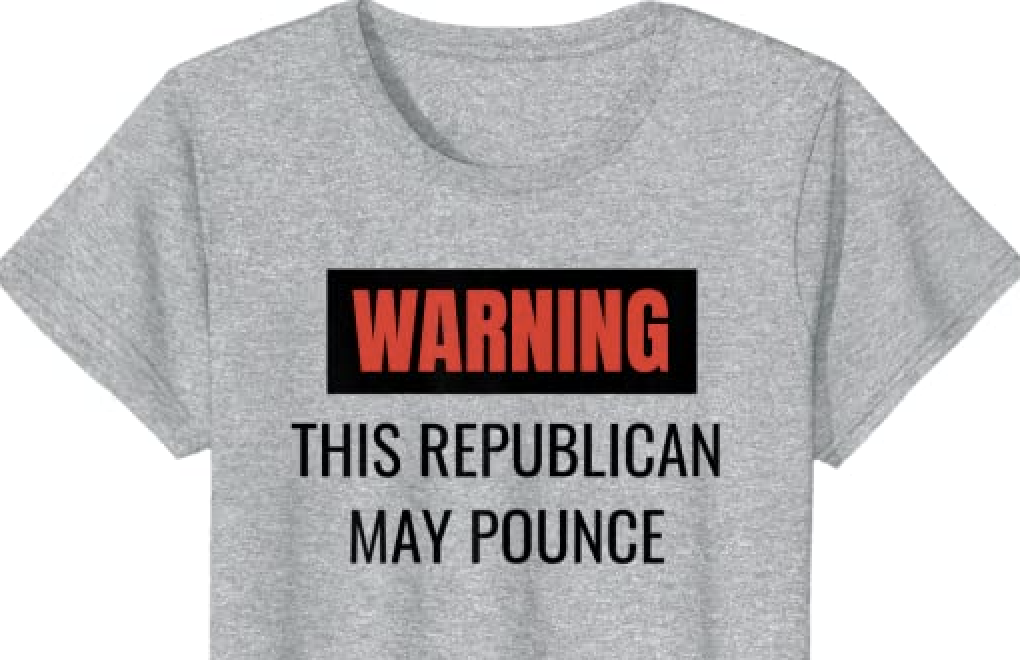Believe it or not, GetReligion has been around since 2004.
Doug LeBlanc clicked a mouse and launched the earliest version of this weblog on February 1, to be precise. When you’ve been working that long in the craziness that is the World Wide Web, you end up with some inevitable housekeeping issues.
Please hang in there with me for a minute or two for updates on two pieces of in-house business.
First, we have had to change — once again — the format of our daily mini-newsletter for those who would rather read GetReligion via email. The current list will vanish in a day or so.
A bit of history: Long, long ago, we had more than 600 people signed up for this kind of service. Then we switched platforms (it’s a long story) and lots of email readers got lost in the process. It’s always a hassle when something changes what does, and what doesn’t, show up in your daily wave of emails.
Now, we are having to relaunch our Mailchimp list. This is yet another side effect of the 2014 death of our co-worker Arne Fjeldstad of the Media Project, who launched the current version and, thus, was the “owner” of that list. Yes, many people (around the world) still miss Arne.
Now this feature needs to be updated. However, signing up for this updated Mailchimp list isn’t rocket science. Just click here and fill in the blanks. That’s all there is to it.
Item No. 2 is linked to the end of 2021 — think taxes and end-of-the-year donations to nonprofit groups.
For many of you, GetReligion is in that list. To cut to the chase, we still need your help.










